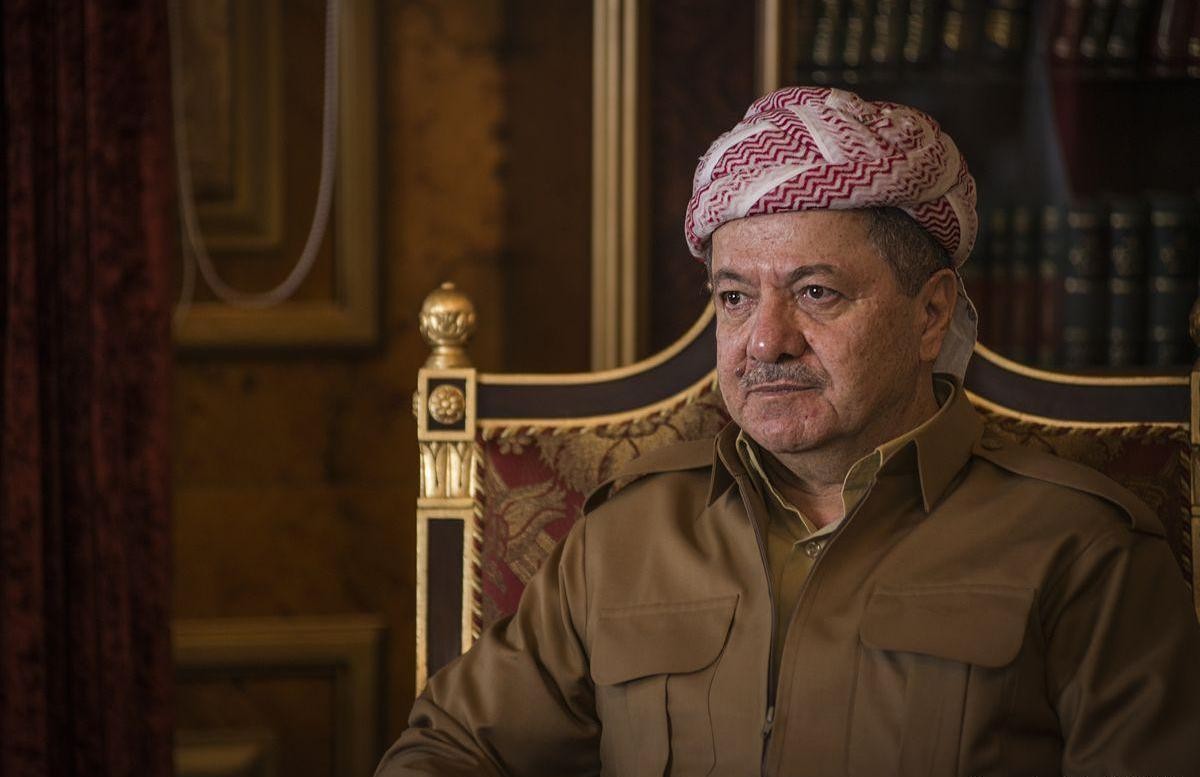At the annual Sulaimani Forum on April 17, Kurdistan Regional Government (KRG) Minister of Interior Reber Ahmed underlined that in the broader context of the Middle East, the so-called “Kurdish question” remains unresolved.
“Regrettably, no concerted effort has been made to address this long standing issue. It is incumbent upon the Kurdish populace to courageously advocate for the resolution of our Kurdish question,” he said. “Just as we acknowledge and seek solutions for other regional questions, the Kurdish question warrants earnest attention.”
No terrorists
In response to AlHadath journalist Racha Dalloul, who moderated the panel, Minister Ahmed added that “there are categorically no terrorist groups operating within the Kurdistan Region, not even along its border regions. Certain nations may designate various groups as ‘terrorist’ according to their policies; however, within Iraq and the Kurdistan Region, such entities do not exist.”
“Iranian-Kurdish opposition factions existed within Iraq and the Kurdistan Region before 1991 and were labeled as ‘terrorists’ by the Iranian government. However, we regard them as ‘Kurdish opposition parties.’”
In regards to the Kurdistan Workers’ Party (PKK), Minister Ahmed said that “while the Turkish state and the international community label [the PKK] as ‘terrorists,’ they have not officially been designated as such in Iraq.”
“Despite our dissatisfaction with the presence of these armed groups within Iraq and Kurdistan, other nations are free to characterize them as they see fit. Nonetheless, we maintain a distinct perspective on their classification.”
Security agreement
Minister Ahmed said that a security agreement between “Baghdad and Tehran has addressed the issue of Iranian-Kurdish parties along the border by relocating them to civilian camps. Both Iraqi and Iranian authorities have confirmed their absence from the borders.”
A border security agreement was signed in March 2023 to secure the Iraq-Iran border.
“Regrettably, the Kurdistan Region faces unwarranted external assaults, including missile and drone attacks, based on false pretexts,” Minister Ahmed said. “These attacks have been discussed in Baghdad, Tehran, Erbil, and Sulaymaniyah.”
“It is imperative to emphasize that the KRG prohibits any security threats originating from within its territory against Iran and Turkey,” he underlined.
“This policy is upheld through agreements with Baghdad. Once again, the Kurdistan Region is targeted under false pretenses, which contravenes the norms of neighborly relations. This situation must come to an end."
Read More: Piecing It Together: The Iranian Attack on Erbil
On January 15, an Iranian ballistic missile attack killed four civilians in Erbil, including prominent businessman Peshraw Dizayee and his infant daughter.
Media affiliated with Iran claimed that Dizayee had connections with the Israeli intelligence agency Mossad. However, these allegations were made without evidence. A day after the attack, Iraqi National Security Advisor Qassim Al Araji, who came to Erbil to investigate the incident, rejected allegations that the site of the attack was a Mossad base.
“No central government”
Minister Ahmed also called on media outlets to refrain from employing the term “central government,” as it lacks constitutional basis in Iraq. “As per the Iraqi Constitution, the term ‘central government’ is not recognized; rather, it is referred to as the ‘federal government.’ The term ‘central’ is absent within the Iraqi Constitution,” he said.
“The Iraqi Constitution explicitly delineates Iraq’s structure, comprising the federal government, regional governments, and provincial governments. The persistence of the term ‘central government’ reflects entrenched ‘central’ mindsets, which constitute a significant impediment to Iraq.”

